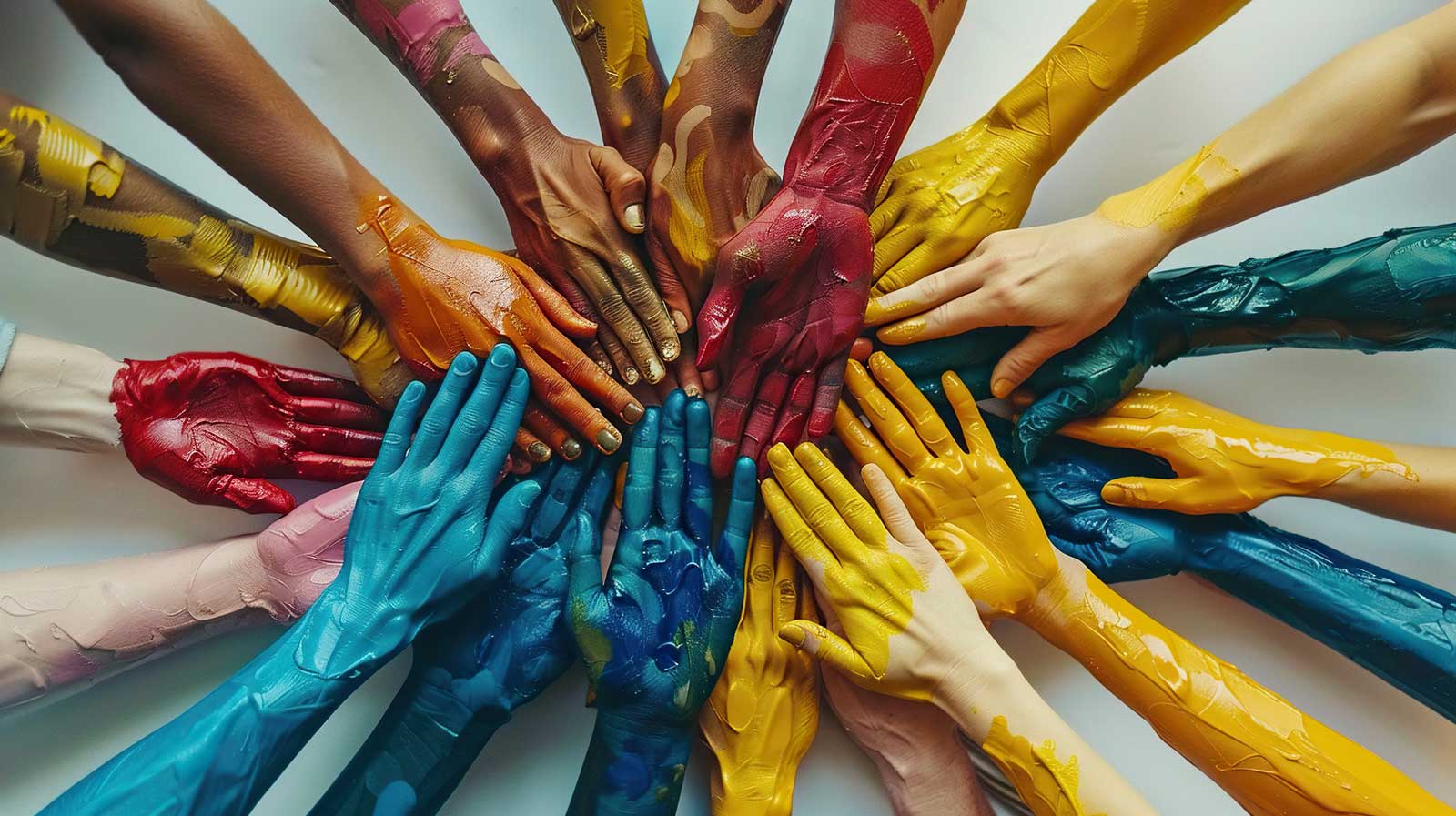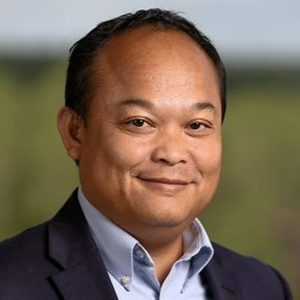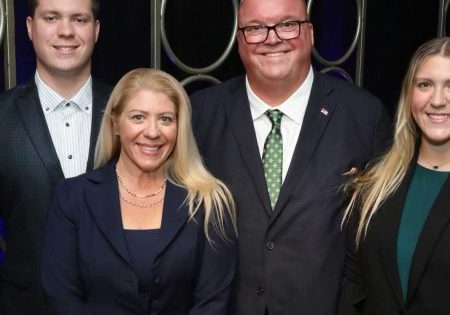What are they, and why are they under attack?
What Is DEI?
According to the Diversity, Equity and Inclusion (DEI) consulting firm WE360, the origins of DEI programs date to the Civil Rights Movement as more and more companies accelerated their efforts to create a more diverse and inclusive workplace. The Civil Rights Act of 1964 outlawed employment discrimination based on race, religion, sex, color and national origin. In addition, as part of the Civil Rights Act of 1964, the Equal Employment Opportunity Commission (EEOC) was created to enforce antidiscrimination laws and work toward eliminating employment discrimination.
What Are the Core Concepts of DEI Programs?
CNN, a multinational news organization, interviewed seven DEI experts and industry leaders, and most of them had a shared vision for what constitutes the concept:
- Diversity is encouraging others to embrace the differences everyone brings to the workplace whether those are someone’s race, age, ethnicity, religion, gender, sexual orientation, physical ability or other aspects of social identity.
- Equity is treating everyone fairly and providing equal opportunities.
- Inclusion is respecting everyone’s voice and creating a culture in which people from all backgrounds feel encouraged to express their ideas and perspectives.
DEI is grounded by the basic principles of fairness and treating others like you would want to be treated. With such noble intentions, why is there pushback on DEI programs?
Critics of DEI programs argue that DEI seeks to create arbitrary assigned roles of “oppressor” and “oppressed,” therefore making DEI programs fundamentally anti-American, said Ryan P. Williams, president of The Claremont Institute, a conservative think tank.
With all the recent pushbacks on DEI initiatives, what can leaders do to make sure DEI initiatives continue to be a part of their company culture? A recent study by the global marketing data and analytics firm Kantar reveals that 75% say that brands’ diversity and inclusion reputation influences their purchase decisions.
Leaders who are brave enough to continue forward with DEI initiatives need to understand why DEI tends to divide not only our country, but also our workplaces. According to a Harvard Business Review study, DEI programs are risky when they meet three criteria:
- It confers a preference, meaning that some individuals are treated more favorably than others.
- The preference is given to members of a legally protected group, such as groups defined by the categories protected in Title VII of the Civil Rights Act of 1964. These are race, color, religion, national origin and sex (including sexual orientation and gender identity).
- The preference relates to palpable benefits such as a job, a promotion, pay, a raise, a work assignment or access to training and development opportunities.
Some examples of DEI programs that have been received less favorably include hiring quotas based only on race, being required to choose one gender over another gender when there is a tie between the candidates, internships that are only open to certain minority groups and hiring bonuses only when certain protected groups of people are hired.
Leaders do not need to be ashamed of their DEI programs when their DEI programs seek to level the playing field and create equal benefits and opportunities for all individuals in the company. Examples include creating structured recruitment and promotion processes based on merit and protected status and making sure desired benefit programs are available to everyone. The whole idea is to raise the level of employment experience for all and not treat anyone differently.
Studies show that when DEI programs aim to reduce bias in the employment relationship, they are more effective at creating a positive work culture. To achieve this, organizations can conduct workshops to train hiring managers on how to identify and eliminate personal bias in hiring decisions, conduct outreach to a broader range of colleges to increase the overall candidate pool and open opportunities for career advancement to everyone – not just those that are in a protected status.
We all want to live and work in a society where people respect other’s differences, are treated equitably and are given opportunities to enhance our individual lives.
“We rise by lifting others.” – Robert Ingersoll.
Get more of Elevator World. Sign up for our free e-newsletter.










